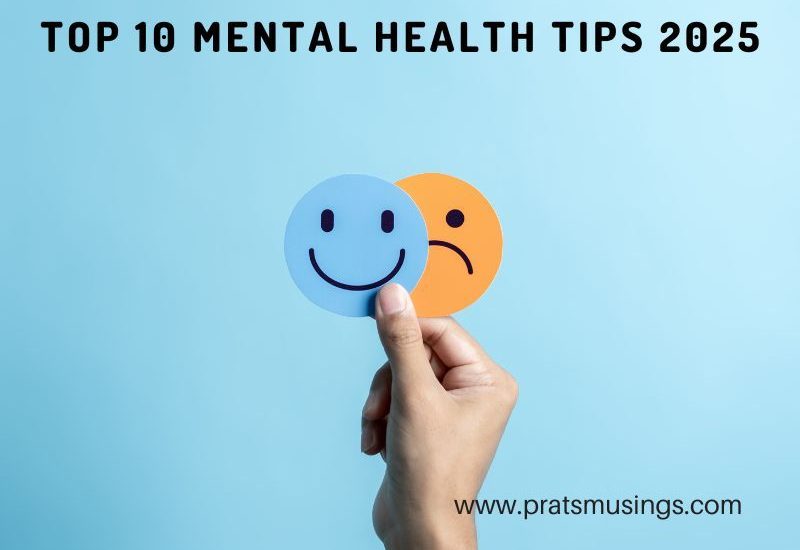Common Myths About Women Sexual Health
When it comes to women’s sexual health, there are many myths and misconceptions that can impact a woman’s well-being. It’s important to separate fact from fiction in order to ensure that women are informed and empowered to take control of their sexual health. In this article, we will debunk some of the most common myths about women’s sexual health.
Myth 1: Women Don’t Need Regular Gynecological Exams
One of the most dangerous myths about women’s sexual health is the belief that regular gynecological exams are unnecessary. In reality, these exams are crucial for early detection of various health issues, including sexually transmitted infections (STIs), cervical cancer, and other reproductive health issues. Women should have a pelvic exam and Pap smear at least once a year, or as recommended by their healthcare provider.
Myth 2: Birth Control Pills Cause Infertility
Another common myth is that birth control pills can cause infertility. There is no scientific evidence to support this claim. In fact, birth control pills are a safe and effective method of contraception for many women. It’s important for women to discuss their birth control options with a healthcare provider in order to determine the best method for their individual needs.
Myth 3: Women Can’t Get Pregnant While on Their Period
Many women believe that they can’t get pregnant while on their period. While the chances of pregnancy are lower during this time, it is still possible to conceive. Sperm can live inside the female reproductive tract for up to five days, so it’s important to use contraception if pregnancy is not desired.
Myth 4: Women Don’t Need to Use Condoms if They’re in a Monogamous Relationship
Some women believe that they don’t need to use condoms if they’re in a monogamous relationship. While this may reduce the risk of STIs, it’s still possible for infections to be transmitted between partners. It’s important for women to discuss safe sex practices with their partners and use condoms to protect against STIs.
Myth 5: Women Shouldn’t Masturbate
There is a stigma surrounding female masturbation that can perpetuate shame and guilt. In reality, masturbation is a normal and healthy part of sexuality. It can help women explore their bodies, relieve stress, and enhance sexual pleasure. Women should feel empowered to engage in self-pleasure without fear of judgment.
Myth 6: Women Should Always Experience Pain During Sex
Pain during sex is not normal and should not be ignored. While some discomfort may be common, persistent pain can be a sign of a medical issue that requires attention. Women should communicate openly with their partners and healthcare providers about any pain or discomfort during sexual activity.
Myth 7: Women’s Libido Decreases With Age
Another myth is that women’s libido decreases with age. While hormonal changes and other factors may impact sexual desire, many women continue to enjoy a satisfying sex life well into their later years. It’s important for women to prioritize their sexual health and communicate their needs with their partners to maintain a healthy and fulfilling sex life.
Overall, it’s important for women to be informed and empowered when it comes to their sexual health. By debunking common myths and misconceptions, women can take control of their sexual well-being and make informed decisions about their reproductive health. Remember, knowledge is power when it comes to women’s sexual health.


